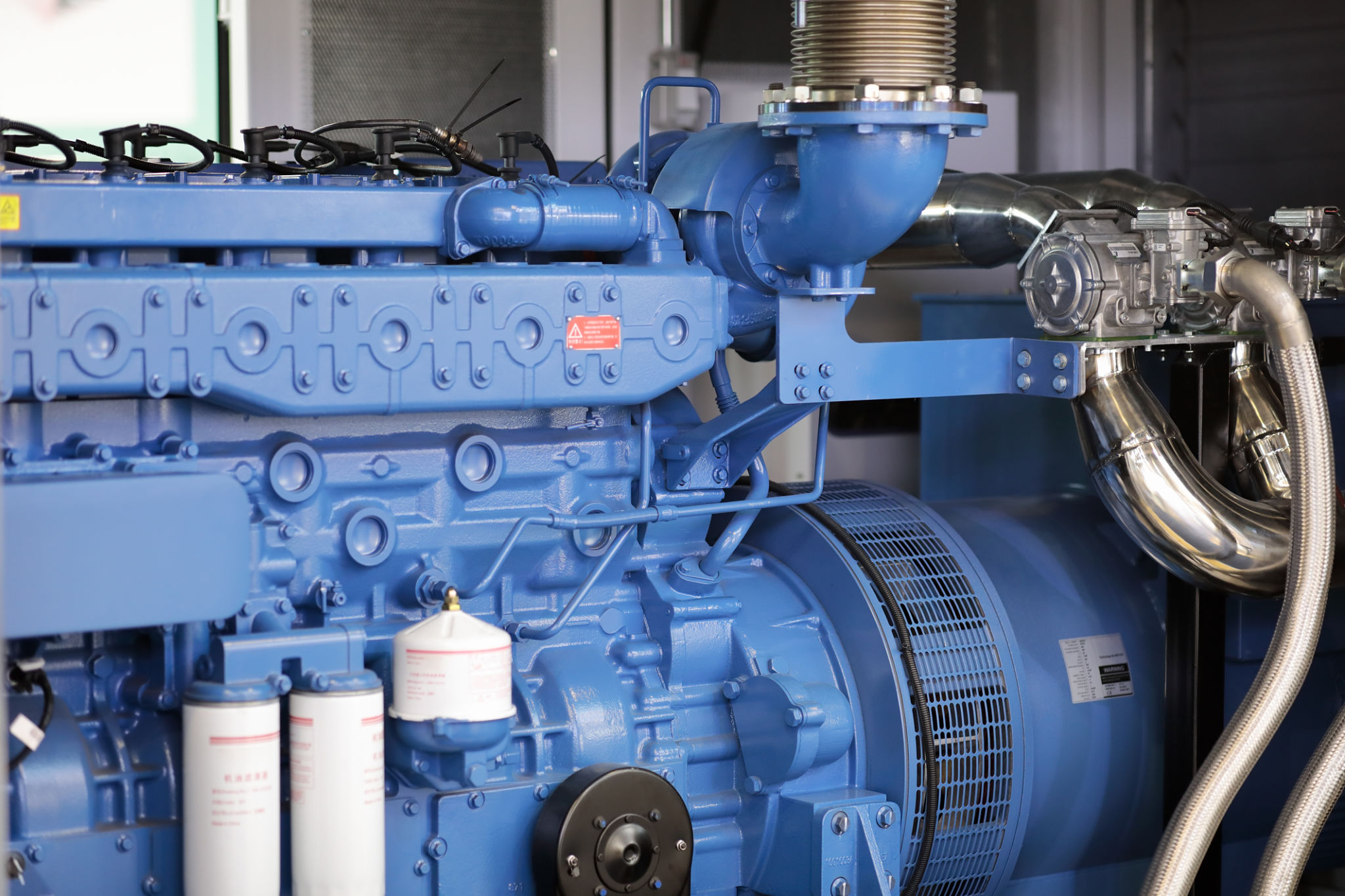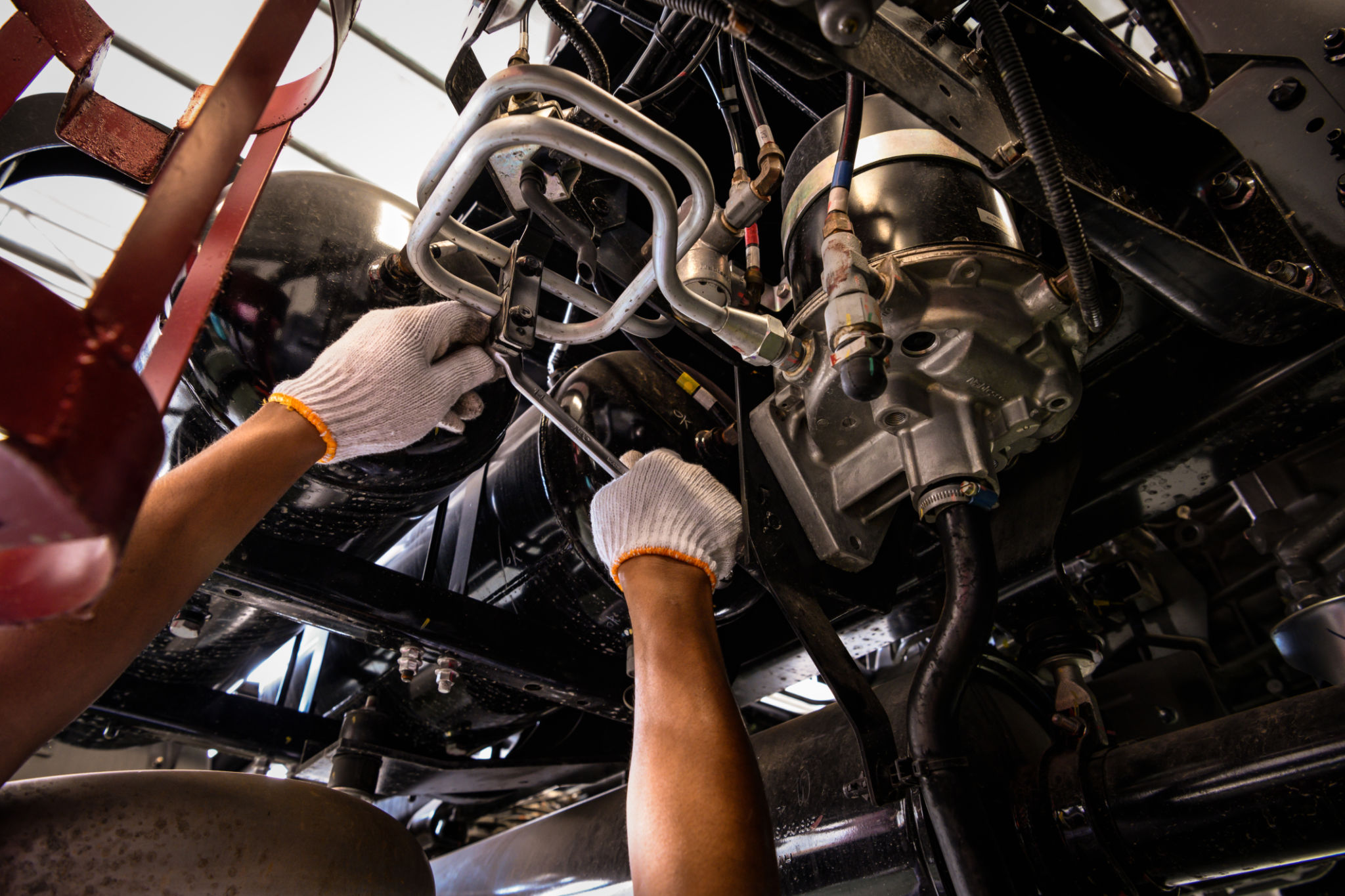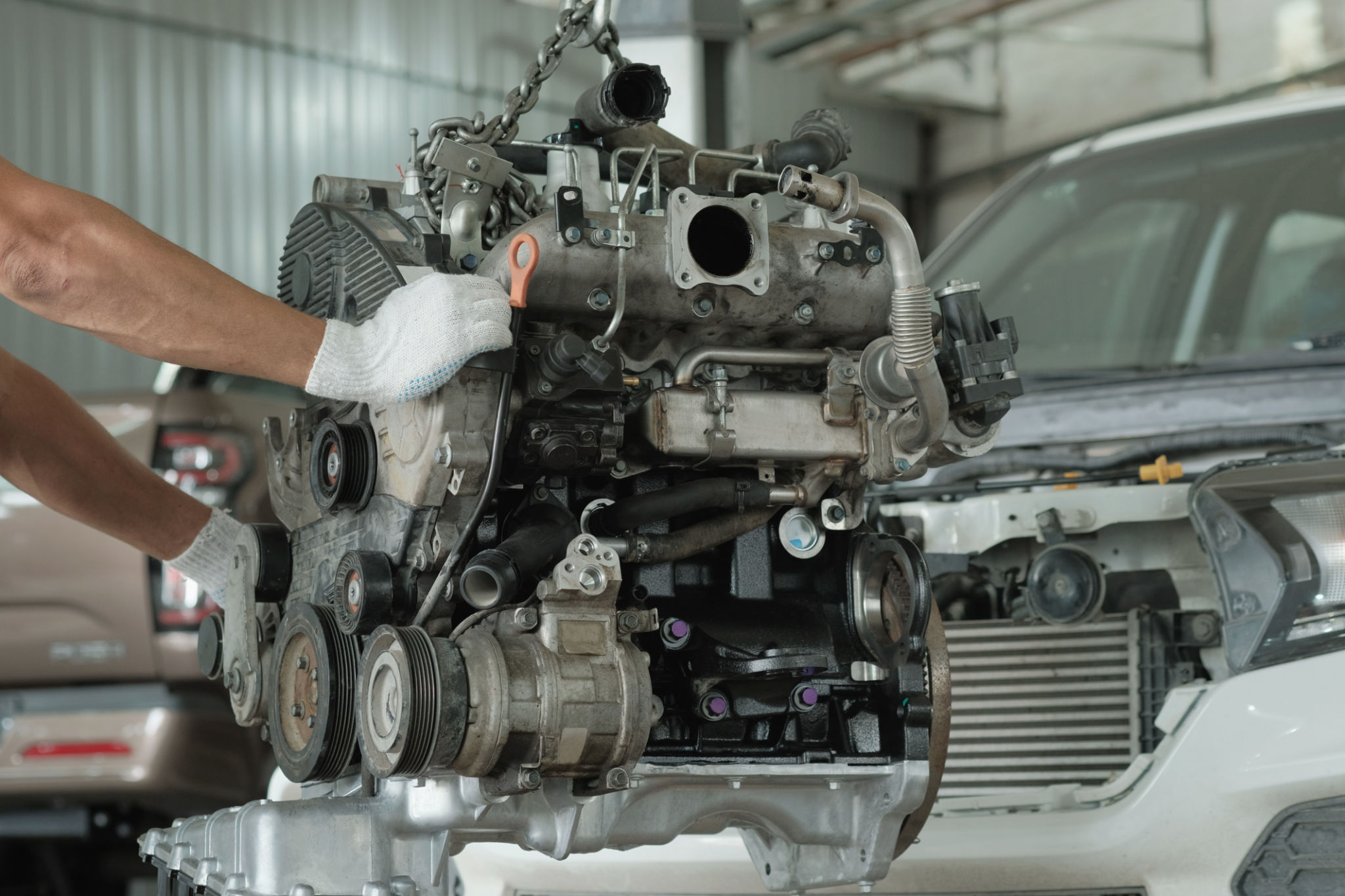Understanding Diesel Engine Fault Codes: How to Read and Respond
Introduction to Diesel Engine Fault Codes
Diesel engines are renowned for their durability and efficiency, but like all machinery, they can encounter issues that require attention. One of the primary ways these issues are communicated is through fault codes. Understanding these codes is crucial for maintaining engine health and ensuring optimal performance.
Fault codes are essentially a language spoken by your engine's onboard computer system. When something goes awry, this system generates a code that indicates the nature of the problem. By learning to read and respond to these codes, you can address issues swiftly and prevent further damage.

How to Read Diesel Engine Fault Codes
Reading diesel engine fault codes might seem daunting at first, but with the right tools and knowledge, it becomes manageable. The first step is to have a diagnostic tool compatible with your engine model. This tool connects to the vehicle’s onboard diagnostic port and retrieves the fault codes.
Once connected, the diagnostic tool will display a series of alphanumeric codes. Each code corresponds to a specific issue within the engine or its subsystems. It's important to refer to your vehicle's manual or an online database to interpret these codes accurately.

Common Diesel Engine Fault Codes
While there are countless fault codes, some appear more frequently in diesel engines. Here are a few common ones:
- P0300: This code indicates a random or multiple cylinder misfire detected.
- P0401: This code suggests an issue with the Exhaust Gas Recirculation (EGR) system, specifically insufficient flow.
- P2262: This code indicates a turbocharger boost pressure not detected, which can affect engine performance significantly.
Responding to Fault Codes
Once you have identified the fault code, the next step is to respond appropriately. The action required will depend on the severity of the issue. For minor issues, such as a loose gas cap, simply tightening it may resolve the problem.
However, more serious codes may require professional intervention. It's vital to prioritize addressing these codes, as ignoring them can lead to more severe issues down the road. Regular maintenance and prompt repairs are key to prolonging your engine's lifespan.

When to Seek Professional Help
While some minor issues can be resolved independently, others necessitate professional expertise. If you're unsure about how to address a particular fault code or if the problem persists after initial attempts to fix it, it's wise to consult with a professional mechanic.
Professional mechanics have the experience and tools necessary to diagnose and repair complex engine problems effectively. They can also offer preventative advice to help you avoid future issues, ensuring your diesel engine remains in top condition.
The Importance of Regular Maintenance
Understanding and responding to diesel engine fault codes is just one aspect of maintaining a healthy engine. Regular maintenance plays a crucial role in preventing issues from arising in the first place. Routine checks and servicing can help catch potential problems before they develop into costly repairs.
Incorporating regular maintenance into your schedule not only enhances engine performance but also extends its lifespan, providing peace of mind and reliability for years to come.
